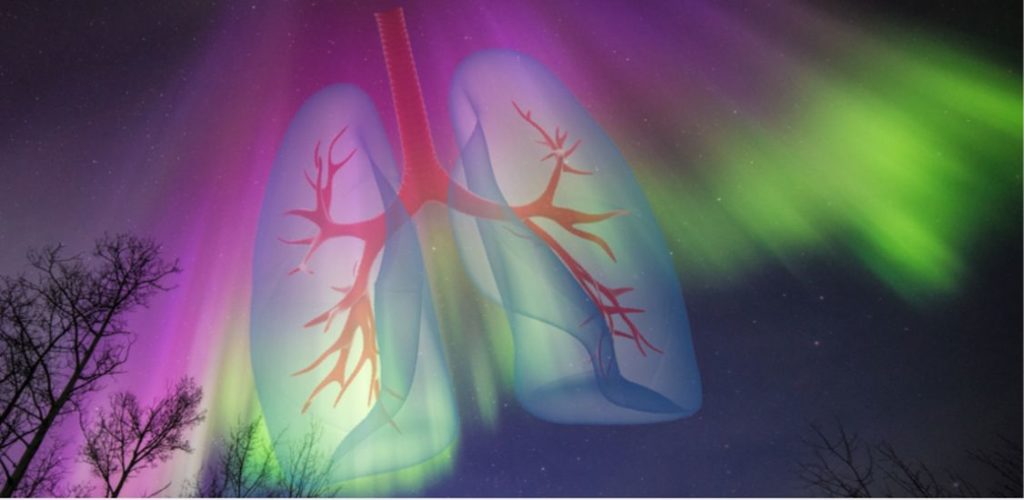
Peter Milne Greiner
Atlas of Guam
Ordinary dream: is it time
to suspect this planet too is hollow and held
aloft by gods in beta or should I hold off
for another twenty-nine
thousand years
Spend the billowing
aurorae I want so badly in my lungs
Borrow against my better judgment until my blood hardens to raw
obsidian and only then breathe out my middens of simple tools
my thresholds
my hopeful sigils?
What abiogenesis will I set into motion writing
my name in piss on these flatlands?
Whose treasure hunter’s shovel is this?
Whose Marquesas
beyond the known equator where barley and cattle and platinum abound in nightlessness?
Whose land of unpainted caves?
Whose unisolated salt? Whose uncracked open firmament?
Every single absolute
location everywhere
awaits every single thing of which I can be reminded
I am looking down upon
my star
The star of Peter
A bowl of bronze flour clumping—clumping into verisimilitudinousnesses
Clumping scree stops the mouths of Solomon’s mines
Clumping cratershot litters the savannah-like halves of the Titanic
Clumping plateaus conceal vast cavern systems deep inside which the grim
reaper decorates his lair with clumps
of everyone’s eventual question
Clump lightning harshes in the supercells
Coins in the triremes sunken off Ibiza
Papyrus
Penalties for theft
My few vulnerable belongings
Ordinary anomaly: pewter ice or antimony ice is not ice but it covers
the southern pole like a bishop’s mantle
Imagine my astonishment
My invasive astonishment
Imagine a tree for every treesnake
A church for every mouse
A vector for every dance of St. Vitus
Picture a feral road to becoming wild
The underground sea glows green with human grief
Widespread calenture on the Untropic of Sagi
Capital cities—memorial bridges—municipal parking—fountains—the fountains—the arches—the stadiums—the waterfronts—winter—old streets—the sun—my appetite—trending piblokto— photographs of objects—the Great and Erasable Document—easy breezy low orbits—new familiar silences so there’s that aspect of the situation that’s happening right now actually
I automatically know where to start
In the river valleys where huckleberries release dopamine in the brains of deer
In this place of transference where I’m constantly improving the near future
what champ can I become of everything under the weird helium master plan?
I unconquer air’s encounter with the blood lifelong I’ve let live here
I love reason
You are reason’s most famous mystic
The time I’ve killed is clean fuel—guiding vision—slurry of chloroplast—the voices of my friends really salting my Carthage—damming my biggest rivers—flensing my eldritch whale populations—but their voices speak
truth in general
and bring events back from already having taken place
Their voices circuit through me exchanging purposes
and I comprehend what they are saying
It isn’t complicated
They are clear and they are bewitching
the things I know that flood this room
with their incommunicable zenlike arrhythmia
_______________
Peter Milne Greiner is a poet and science fiction writer currently teaching high school in New York City. His hybrid speculative collection Lost City Hydrothermal Field was published by The Operating System in 2017. His work has appeared in Stone Telling, Terraform, SciArt Magazine, and Big Echo: Critical SF, and in the forthcoming anthology Beyond Earth’s Edge: The Poetry of Spaceflight (University of Arizona Press 2019).
Editor’s Notes: Greiner’s poem follows Rodriguez’s, not only because of the dream-related openings, but also because of the contrast in the search for meaning. This is also decidely surreal and elusive, but yet a sense of poignancy is there. I picked one of the surreal images to represent the poem: Human lungs breathing in auroras.
[Aurora images captured at midnight on April 10, 2015, in Delta Junction, Alaska. The aurora was likely connected to a minor to moderate geomagnetic storm that began late on April 9, 2015. The storm was triggered by a coronal mass ejection – a giant cloud of solar material—that erupted from the sun on April 6, according to NOAA’s Space Weather Prediction Center, the U.S. government’s official source for space weather forecasts, alerts, watches and warnings. (NASA Image Courtesy of Sebastian Saarloos)]

